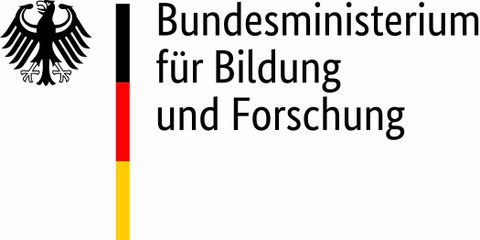GANGES
Motivation
Ensuring anonymity guarantees is crucial for the implementation of new, data-based applications. Although traditional anonymization and pseudonymization methods such as k-anonymization or differential privacy are already used in practice, they have proven to be unsuitable for real-world applications. The reasons for this include the fact that in real applications, instead of simple numerical data types, more complex data types are playing an increasingly important role, such as series of location data or hierarchical data structures that map physical or logical conditions. In addition, existing methods cannot support the communication and architecture models relevant to corporate environments, meaning that they cannot be integrated into established software stacks. This applies in particular to stream processing models, in which large volumes of data continuously pass through a processing chain without being permanently stored. There is also a lack of established metrics and procedures for estimating and balancing the processing effort and loss of information associated with different anonymization methods.
Objectives and approach
The aim of the project "Ensuring anonymity guarantees in enterprise streaming applications (GANGES)" is to reduce the aforementioned obstacles by developing practice-oriented anonymization procedures that are based on real needs with anonymity guarantees. To this end, new methods for stream anonymization are being developed on the basis of specific use cases from the energy and building industry as well as existing basic methods. Complex data types that are used in practice and pose a particular anonymization challenge are taken into account. The developed methods are integrated into established open-source streaming frameworks with minimal effort. Furthermore, new approaches for the assessment and experimental determination of effort and the remaining utility value of the data after anonymization are developed. Based on this, the procedures and integration technologies are evaluated and adapted during development.
Innovations and perspectives
The GANGES project makes valuable contributions to the concrete practical use of advanced anonymization methods and models in real application contexts, both on a theoretical and application-related level. The resulting new possibilities for data processing open up a wide range of economic and social potential. They are legally compliant and also protect economic interests across application and domain boundaries. In the area of streaming data in particular, this opens up a wide range of new possibilities for use and exploitation that could not be implemented in a legally compliant manner without adequate anonymization. For example, the project results are to be incorporated into the further development of a so-called SaaS solution (Software as a Service), which is provided via the internet or the cloud for decentralized energy management. This will enable improved forecasts and incentives for user behavior in electromobility. In scientific and technical terms, significant, paradigmatically new contributions can also be expected in the field of privacy-enhancing technologies and privacy engineering.
Acknowledgements
The GANGES project is funded by the Federal Ministry of Education and Research.
Publications
Brunn, C., von Voigt, S. N., & Tschorsch, F. (2023, September). Analyzing Continuous K s-Anonymization for Smart Meter Data. In European Symposium on Research in Computer Security (pp. 272-282). Cham: Springer Nature Switzerland.
Wissenschaftliche Mitarbeiterin
NameCarolin Brunn M.Sc.
Send encrypted email via the SecureMail portal (for TUD external users only).
Chair of Privacy and Security
Chair of Privacy and Security
Visiting address:
Andreas Pfitzmann Bau, Room 3063 Nöthnitzer Str. 46
01187 Dresden


